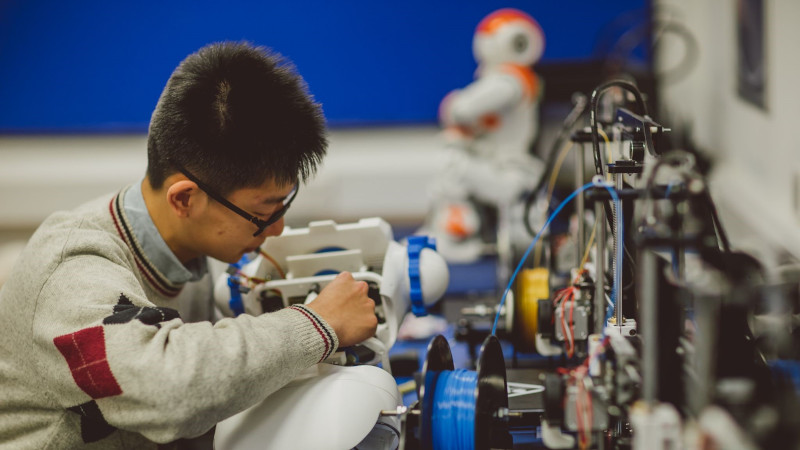Centre for AI, Culture and Society (CAICS)
Director(s): Professor Nigel Crook, Dr Selin Nugent
Contact: EthicalAI@brookes.ac.uk
About us
The CAICS research team combines both computational and sociological expertise to offer deep insights into the connection between digital design and human/cultural impact.
Our methods include algorithmic development, citizen science, simulations, art practice and social impact assessments.
We address challenges across a range of technology categories, including autonomous vehicles, social and developmental robotics and machine learning.

Research impact

Our research and impact strategy underpins the Centre's strategic goal of being committed to international and world-leading research and development of ethical and trustworthy intelligent software solutions for business, organisations and society.
We pursue and support ethical AI research of the highest quality that is, or has the potential to become, recognised as internationally excellent or world leading.
The Centre for AI, Culture and Society shows understanding of how different businesses and organisations can experience challenges when on-boarding AI. We offer consultancy with access to a broad base of talent, from specialists in cutting-edge technology to experts in social science and in the integration of technology into business processes.
We recognise that our staff are key to our success and we will continue to invest in research and to support and develop opportunities for research and knowledge exchange with industrial, commercial and public sector partnerships.
